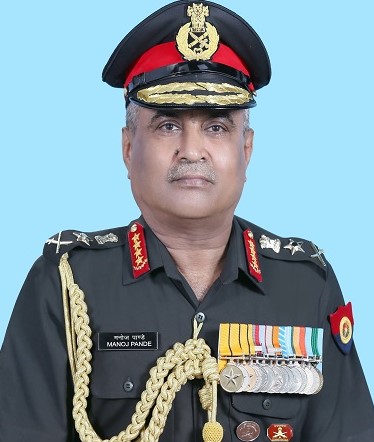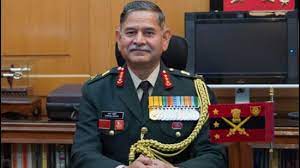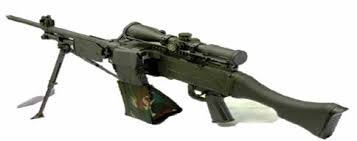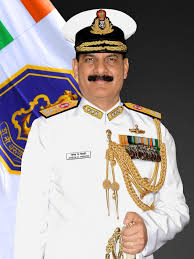It has been reported, some functional problems have cropped up in the additional fuel tanks retrofitted in the Indian Air Force’s (IAF’s) fleet of recently upgraded MiG-29 fighter jets, prompting Air Headquarters to seek urgent measures to address the problem.
According to sources, there have been issues relating to the structure of the tank and flow of fuel in the additional dorsal fuel tanks that are located in the upper part of the fuselage behind the cockpit.
Currently, Air Force’s No.11 Base Repair Depot is handling the project in association with Hindustan Aeronautics Limited and if required, the private industry will also be roped in.
The project would involve study of the existing tank’s physical structure, design, and operating technology, identifying the existing vulnerabilities and developing the requisite methodology for repair or replacement.
As part of the upgrade, MiG-29 fighter jets were fitted with an additional dorsal tank, weighing about 150 kgs with a capacity of about 950 litres to increase its operational range.
This also required some structural modifications to the airframe. The upgraded versions are identifiable by a hump on its upper fuselage.
Inducted into the IAF in 1986, about 66 of the Soviet/Russian origin fighters are in service in three squadrons.
Two of them are based at Adampur and Jamnagar, while the third recently moved to Srinagar to replace a MiG-21 squadron that was phased out. In addition, the Navy also procured 35 MiG-29s for its fleet air arm.
The IAF’s MiG-29s went in for extensive modification and upgradation during the second half of the last decade, which significantly enhanced their combat capability.
Christened the MiG-29 UPG, this included modifications to the airframe along with new avionics, radar, missiles, weapon control systems and electronic warfare suite.
The IAF is also planning to undertake a second life extension programme on the fleet to enhance their service span from 40 years to 50 years.
In the first life extension programme undertaken in the mid-2000s, the MiG-29s’ technical life was being extended from 25 years to 40 years. According to IAF sources, the enhanced technical life of the MiG-29 aircraft will begin expiring from 2025 onwards.
The IAF used its MiG-29s extensively during the 1999 Kargil War to provide fighter escort for Mirage 2000s attacking high altitude targets with laser-guided bombs as well as for carrying out combat air patrols. MiG-29s were also deployed in Ladakh to counter Chinese aircraft during the face-off along the Line of Actual Control in 2020.
According to reports, India is in the process of procuring 21 additional MiG-29s from Russia which would enable replacement of earlier losses and raise another squadron. These would be developed and upgraded from airframes built earlier but which never entered service.





